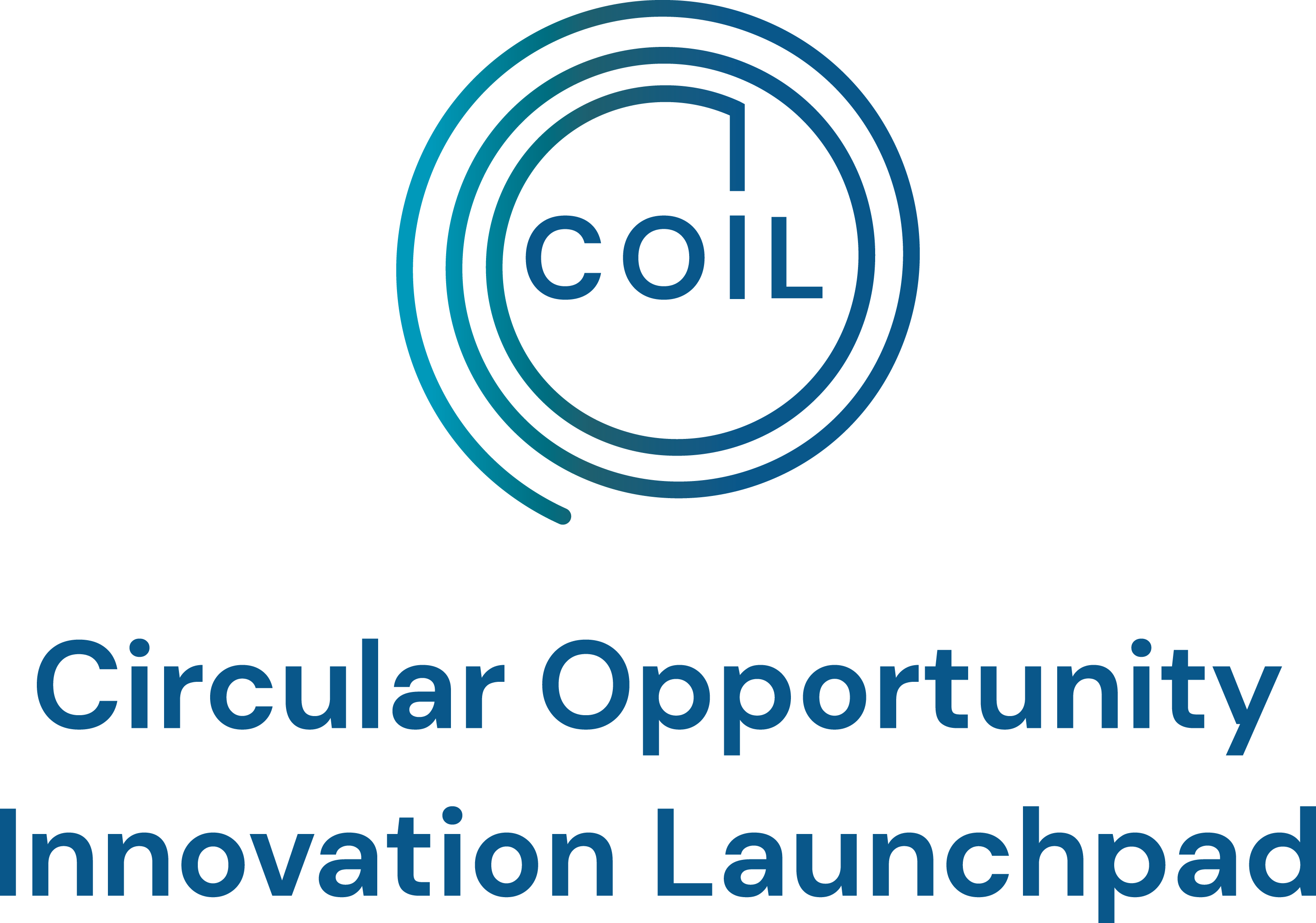GUELPH – The Guelph-Wellington Smart Cities project has received nearly $5 million in federal funding to advance its circular economy aspirations by creating a test platform and accelerator.
“This is terrific news for our region and for Canadians,” stated Barbara Swartzentruber, Smart Cities Office executive director, in an April 16 press release.
“Globally and locally, we have an opportunity to ‘build forward better’. From climate change to inequality, we are now seeing the consequences and negative effects of our ‘take, make, dispose’ socioeconomic model on our communities and the planet.”
The Federal Economic Development Agency for Southern Ontario has committed nearly $5 million between 2021 and 2024 to support the creation of the Circular Opportunity Innovation Launchpad (COIL).
“Now, more than ever, supporting environmentally-friendly solutions and processes is essential for Canada’s future and economic sustainability,” said Guelph MP Lloyd Longfield.
“With FedDev Ontario’s funding … we are helping to jumpstart new companies to develop their innovations and bring their products to market, while supporting southern Ontario’s economy, and, more importantly, the health of our communities and the environment.”
Project officials say COIL will help companies bring ideas to market faster, reduce carbon emissions and create 400 jobs.
Wellington County Warden Kelly Linton congratulated everyone involved with the project.
“The Our Food Future team has forged a set of tools they can now extend to others, further strengthening our region,” said Linton.
Officials say COIL will “provide programs, funding, and platforms to accelerate circular businesses and concepts in the food and environment sectors.
“The program will also launch challenges and transformative sector-wide demonstration projects. Funding will support businesses affected by COVID-19 to help Guelph-Wellington and Canada recover from the economic impacts of the pandemic.”
Plans include:
- supporting the growth of 45 high-potential circular economy businesses with coaching and up to $40,000 in funding per business;
- raising $3 million and create a community-based lending facility that provides access to capital for food and environment sector companies and enterprising not-for-profits;
- leading five flagship demonstration projects that will explore, test and prove circular business models, with up to $100,000 available per project;
- launching three innovation challenges that incentivize cross-industry collaboration and surface transformative ideas to redesign supply chains or business models;
- expanding the Guelph-Wellington Circular Economy Urban Rural Test Bed to provide resources and connections to support innovators and researchers from across southern Ontario;
- expanding the Circular Economy Data Hub to gather and strengthen access to essential data required to inform research and problem-solving; and
- launching a ReSource Exchange virtual business-to-business marketplace to match unwanted but still valuable by-products with those that can turn that waste into a new value stream.
Officials say program details and participation guidelines will be released in late summer.
“A fundamental principle of the project is collaboration and multi-stakeholder participation,” officials stated.
COIL includes over a dozen collaborators and five core partners: the City of Guelph, County of Wellington, Innovation Guelph, 10C, and Guelph Chamber of Commerce.
Officials describe a “circular economy” as “a sustainable, inclusive, low-carbon economy.”
A circular food system, for example, aims to eliminate waste by keeping as much energy, nutrients and materials as possible cycling through the system—and generating value as a result.




